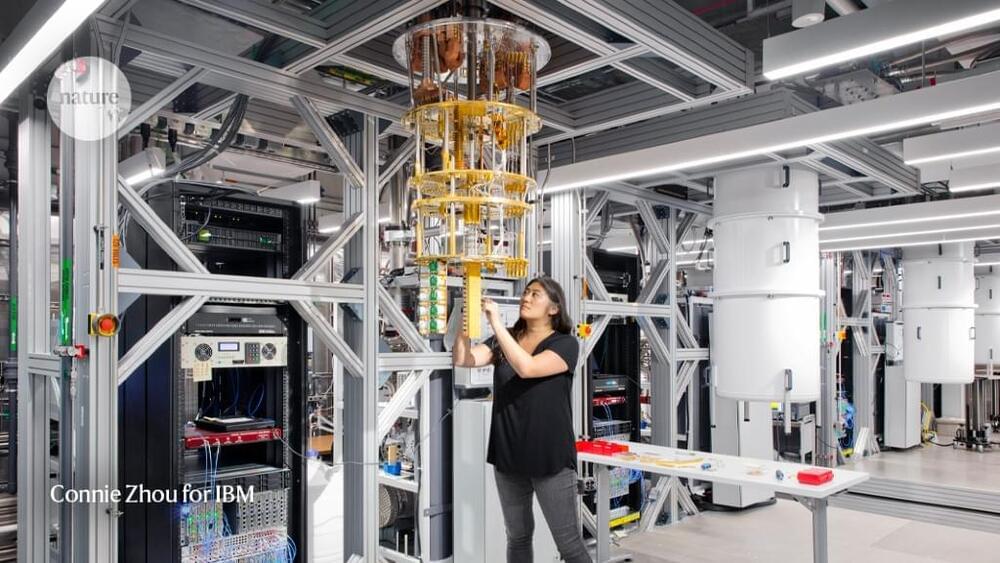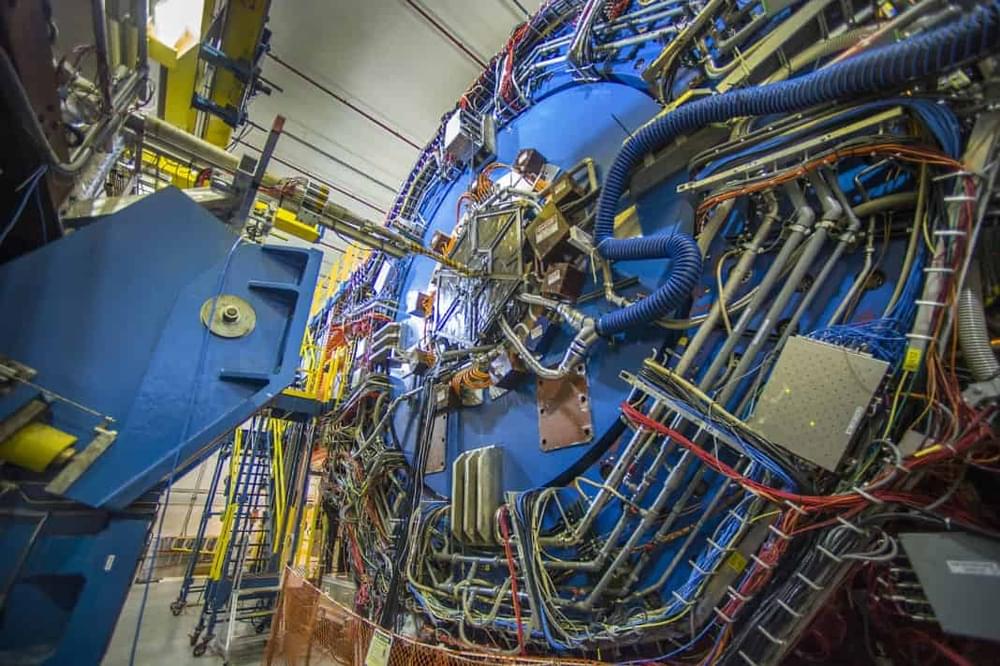That general question is still hard to answer, again in part because of those pesky errors. (Future quantum machines will compensate for their imperfections using a technique called quantum error correction, but that capability is still a ways off.) Is it possible to get the hoped-for runaway quantum advantage even with uncorrected errors?
Most researchers suspected the answer was no, but they couldn’t prove it for all cases. Now, in a paper posted to the preprint server arxiv.org, a team of computer scientists has taken a major step toward a comprehensive proof that error correction is necessary for a lasting quantum advantage in random circuit sampling — the bespoke problem that Google used to show quantum supremacy. They did so by developing a classical algorithm that can simulate random circuit sampling experiments when errors are present.






